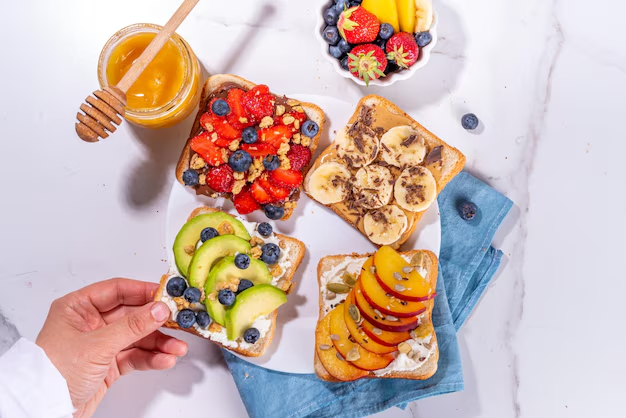Your Guide to Is Watermelon Good For a Diabetic
What You Get:
Free Guide
Free, helpful information about Diabetes FAQ and related Is Watermelon Good For a Diabetic topics.
Helpful Information
Get clear and easy-to-understand details about Is Watermelon Good For a Diabetic topics and resources.
Personalized Offers
Answer a few optional questions to receive offers or information related to Diabetes FAQ. The survey is optional and not required to access your free guide.
Is Watermelon Suitable for Diabetics? Unveiling the Sweet Truth
Eating healthy as a diabetic can sometimes seem like navigating a nutritional minefield. Among the fruits that often cause confusion for those managing diabetes is watermelon. Sweet, juicy, and hydrating, it's a beloved summer staple, but is it good for diabetics?
The Sweet Science Behind Watermelon
Watermelon is high in natural sugars, which immediately raises an eyebrow when considering diabetes. However, understanding its impact requires a deeper dive into its glycemic index (GI) and glycemic load (GL). The GI measures how quickly a food raises blood sugar levels, and watermelon is on the higher side with a GI of 72. But the GL, which takes serving size into account, stands at 2 per serving. This low GL indicates that a small serving consumed in moderation should have a minimal impact on blood sugar levels.
Watermelon also boasts several health benefits:
- Rich in vitamins A and C for immune support.
- Packed with antioxidants like lycopene, which may reduce the risk of certain cancers.
- Contains hydrating properties, composed of about 92% water.
Yet, while its nutritional profile is appealing, portion control is critical. For those managing diabetes, integrating watermelon into a diet should be done with attention to overall carbohydrate and sugar intake throughout the day.
Balancing the Diet
Diabetics aren't required to give up on sweet treats like watermelon but should focus on balance and variety. Here are some guidelines for maintaining a diabetes-friendly diet:
- Portion wisely: Stick to a serving size of around 1 cup, which is approximately 12 grams of carbohydrates.
- Pair with protein or fat: Combining watermelon with a handful of nuts can help slow sugar absorption.
- Monitor blood sugar: Check glucose levels after consumption to understand how your body reacts.
Exploring Assistance Beyond Nutrition
Maintaining a healthy diet is just one aspect of managing diabetes, which often involves financial challenges relating to ongoing medical care. Fortunately, there are numerous government aid programs and financial assistance options to explore:
- Medicare and Medicaid: Both programs offer coverage for diabetes management supplies, medication, and healthcare services. Eligibility varies, but they are invaluable resources for many.
- Diabetes Self-Management Education: Offered at various healthcare facilities, these programs provide necessary skills and knowledge, often at reduced rates.
- Pharmaceutical Assistance Programs: Some insulin manufacturers and pharmaceutical companies offer discounts or free supplies to those who qualify.
- Supplemental Nutrition Assistance Program (SNAP): Provides nutrition benefits to augment food budgets, making it easier to afford healthy groceries.
Incorporating the right resources into your diabetes management plan can alleviate financial stress and ensure better health outcomes.
Summary of Available Resources
- 🍎 SNAP: Helps with purchasing nutritious food.
- 💊 Pharmaceutical Assistance: Discounts on diabetes medications.
- 👩⚕️ Diabetes Education Programs: Skills and strategies to manage diabetes.
- 🏥 Medicare & Medicaid: Coverage for medical expenses related to diabetes.
Whether you are navigating dietary decisions or financial burdens, these insights and resources aim to ease the journey of living with diabetes. Remember, a balanced approach to diet and budgeting can open the door to a healthier, more secure lifestyle.
What You Get:
Free Diabetes FAQ Guide
Free, helpful information about Is Watermelon Good For a Diabetic and related resources.

Helpful Information
Get clear, easy-to-understand details about Is Watermelon Good For a Diabetic topics.

Optional Personalized Offers
Answer a few optional questions to see offers or information related to Diabetes FAQ. Participation is not required to get your free guide.


